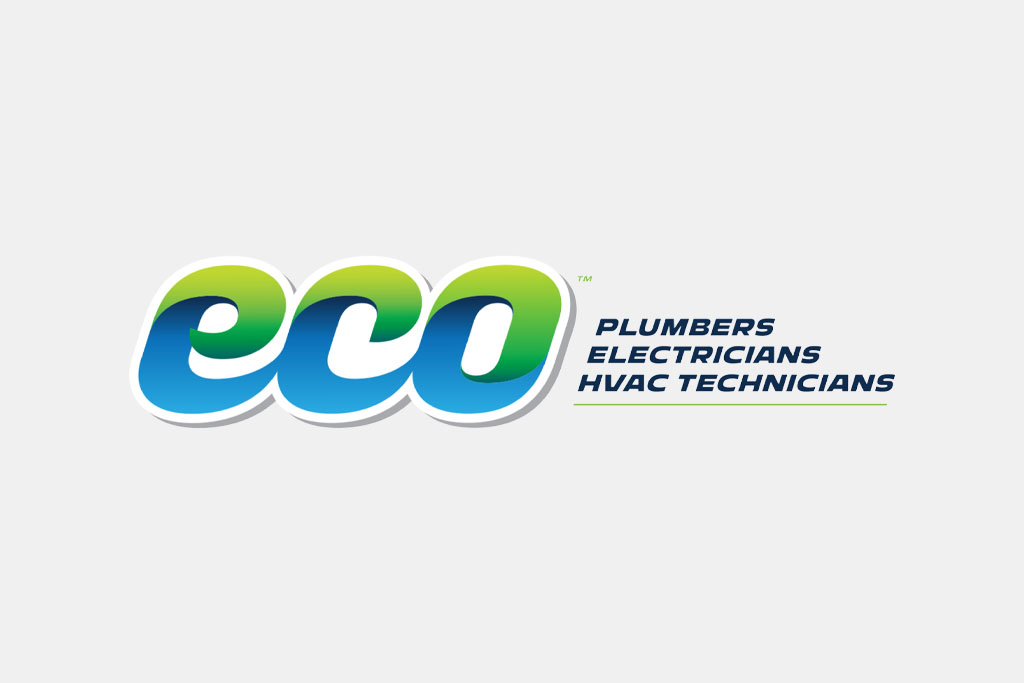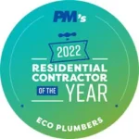Water hardness varies from location to location, depending on the water source. Hardness refers to the concentration of minerals in the water, and it can affect municipal water supplies and well water. Unfortunately, when water is too hard or too soft, it can start to wreak havoc on your home.
Causes and Signs of Hard Water
Water that is too hard is typically caused by excessive mineral buildup. Calcium and magnesium in the surrounding environment are two of the major culprits behind hard water symptoms. The water is safe for human consumption and for continued use for laundry, dishes, and more. However, just because you can — may not mean you want to.
Minerals can create a white, chalky buildup on fixtures and dishes. Over time, it will make appliances work harder and increase your energy bills. You may notice that your laundry isn’t as soft or vibrant as it could be. Hard water can dry out skin and make your hair difficult to style because the mineral buildup prevents soap from working properly with the water. Soap is less effective with anything you wash in hard water. Clogs due to buildup in lines could affect your water pressure. If you notice any of these signs, it may be time to explore a water softener.
How Water Softener Works
Water softeners remove the mineral buildup in water, making it softer. The softener is a mechanical ion exchanger that homeowners attach to the water supply. A water softener collects the hard water and sends it into a chamber where the sodium replaces the calcium and magnesium. The machine typically uses sodium in the form of a concentrated brine to break down the strong calcium and magnesium ionic charges.
The end result is water that has a small concentration of sodium, but no calcium or magnesium. Sodium is much more desirable in water supplies because it doesn’t cause buildup in pipes or make cleansers less effective. Homeowners won’t notice sodium in the water, because the concentration is very small. The solution is often preferable to other techniques, such as descaling. Descaling removes mineral buildup, but doesn’t do much to reduce the mineral level in the water. Water softeners are affordable and effective solutions recommended by many professional plumbers.
When is Water Considered “Hard”?
You can call and ask your water company about the most recent testing levels or you can acquire a water testing kit from a water-conditioning company or some hardware stores. Water hardness is measured in “grains per gallon” (GPG) or mg/L and measures the calcium carbonate content. If you notice a reading of 3.5-7 GPG or 60-120 mg/L, you have moderately hard water, which may or may not cause hard water problems. Levels above 7 GPG or 120 mg/L are considered very hard and will likely cause problems in the home.
Most of the time, you can tell if your water is too hard by paying attention to the symptoms of hard water. A professional plumbing company can also help you determine if your water is too hard and how to choose a water softener for your home.
For more information on how to improve the water quality of your home, contact The Eco Plumbers.












